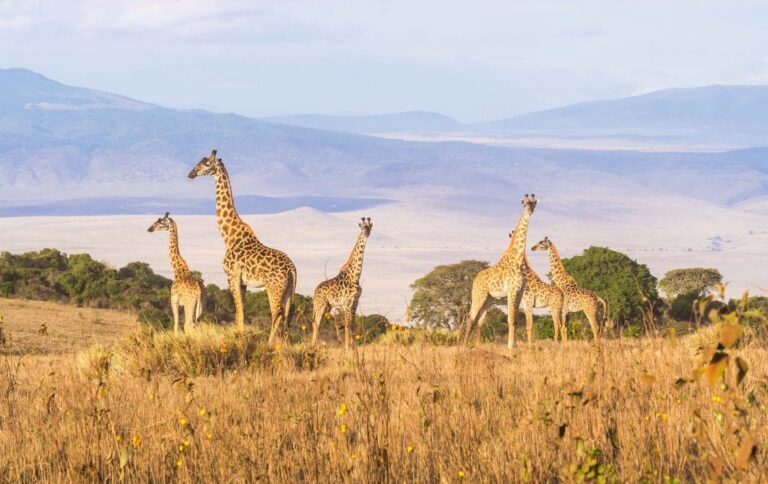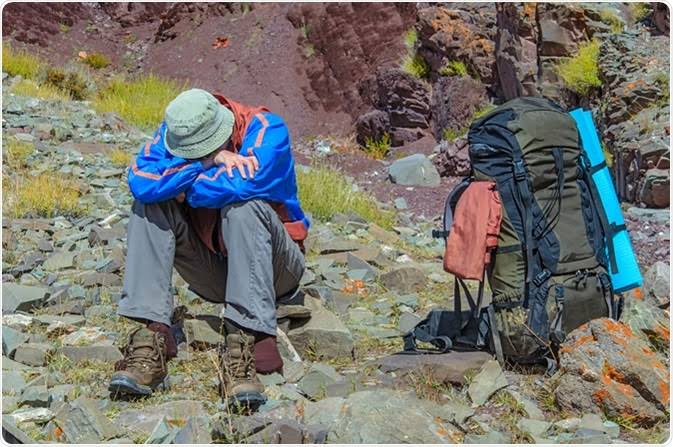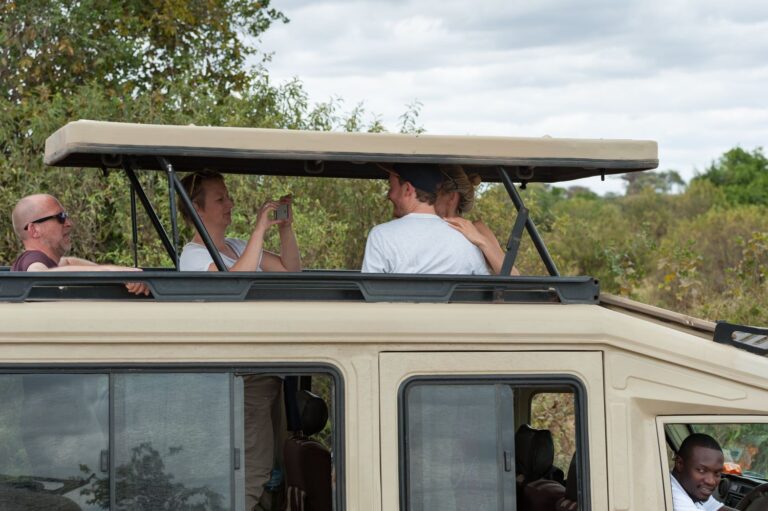The single-stranded RNA virus known as yellow fever (YF) virus is a member of the Flavivirus genus. Aedes or Haemagogus species of mosquitoes, which are the most common carriers of the YF virus, bite a person.
One disease that is carefully monitored on a worldwide scale and recognized by international organizations as a Public Health Emergence of International Concern is yellow fever.
The WHO has Tanzania on its list of low-risk nations. Nonetheless, the presence of yellow fever matrices and other favourable ecological conditions pose a potential risk for Yellow fever if the virus is introduced into the nation. Due to Tanzania’s proximity to countries where the disease is endemic, the danger of getting the virus has also increased.
Travellers arriving from nations where yellow fever is endemic are required to receive a yellow fever vaccination and bring a valid certificate. This restriction also applies to travellers who must endure lengthy flight connections in nations where yellow fever is prevalent for a period of twelve hours or longer.
Yellow fever vaccination is administered in a dose, at least ten days before departure. You should see a doctor if you have a fever, a headache, or pain in your muscles or joints. Due to medical concerns, people under one year old and those over 60 are exempt.
Individuals who meet the requirements but are not in possession of a current certificate of vaccination against yellow fever risk, having their entrance denied, Must pay $50 per person for the shot, and be subjected to 10 days of medical observation.
Angola, Benin, Burkina Faso, Cameroon, Central African Republic, Chad, Congo, Republic of the, Côte d’Ivoire, Democratic Republic of the Congo, Equatorial Guinea Ethiopia, Gabon, The Gambia, Ghana, Guinea, Guinea-Bissau, Kenya, Liberia, Mali, Mauritania, Niger, Nigeria, Senegal, Sierra Leone, South Sudan, Sudan, Togo, Uganda
[/ultimate_info_table]
Argentina, Bolivia, Brazil, Colombia, Ecuador, French Guiana, Guyana, Panama, Paraguay, Peru, Suriname, Trinidad and Tobago, Venezuela
[/ultimate_info_table]
The screening and immunization for yellow fever will not be required of travellers arriving from nations NOT ON THE ABOVE LIST at entry ports.
Immigrants from countries where yellow fever is widespread who fail to show proof of vaccination risk being denied entrance or being immunized and put under rigorous public health surveillance for a maximum of 10 days.
YELLOW FEVER TREATMENT
There are no particular drugs that can be used to treat YF virus infections; instead, treatment focuses on symptomatic alleviation or life-saving measures. Aches and fevers can be treated with rest, water, analgesics, and antipyretics. Aspirin and nonsteroidal anti-inflammatory drugs should be avoided because they may increase the risk of bleeding. During the first few days of illness, infected patients should be protected from additional mosquito exposure (by remaining indoors or using a mosquito net). This will prevent them from aiding in the transmission cycle.







